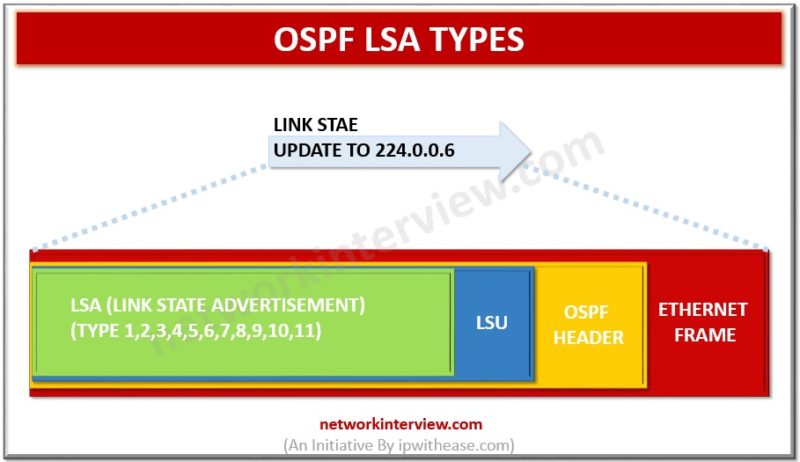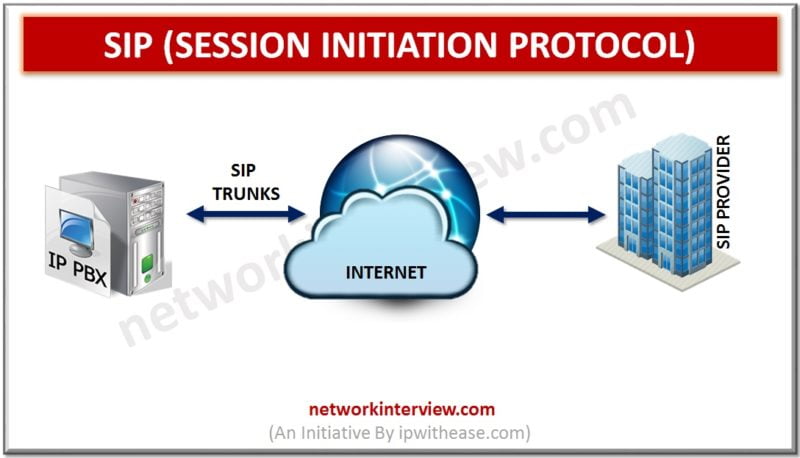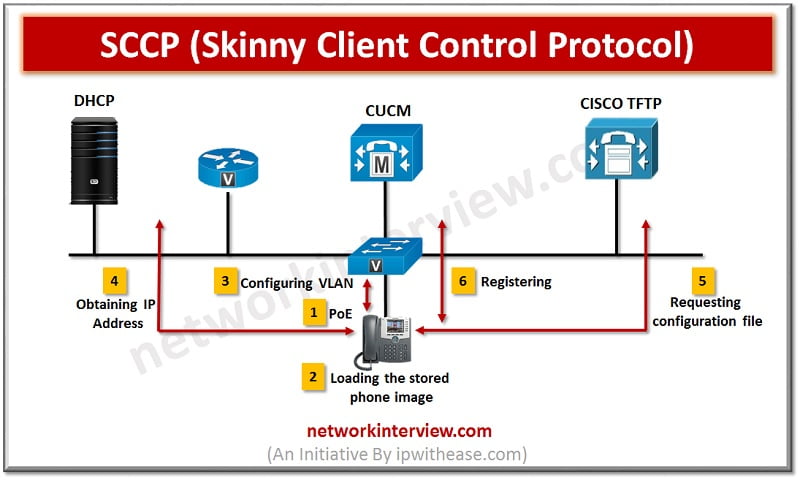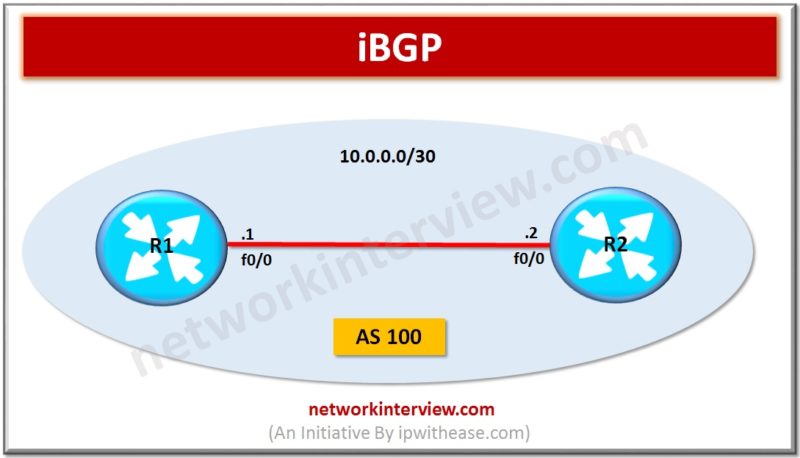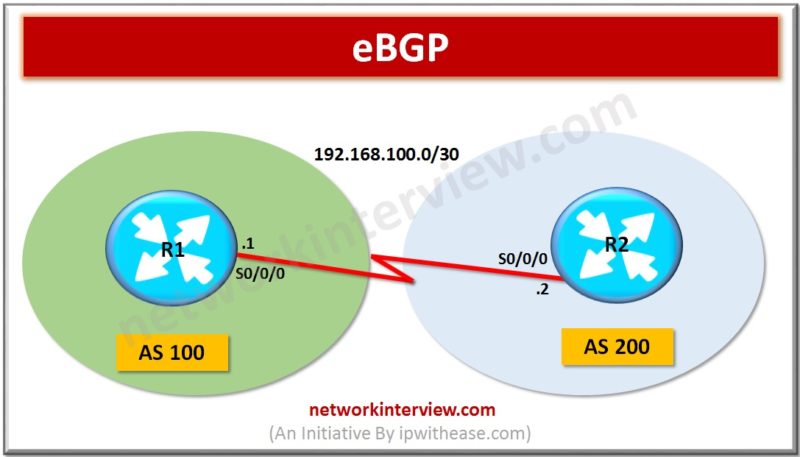OSPF uses LSAs or Link state Advertisements to share information of each network and populate the LSDB (Link State Database). The main LSA types are : LSA Type 1 (Router LSA):generated by each router for each area it is located. …
VPRN (Virtual Private Routed Network) is a Multipoint-to-Multiponit Layer 3 VPN Service that connects multiple branches in a single logical routed architecture over IP/MPLS network of a Service Provider. This is called Layer 3 VPN generally, but Alcatel-Lucent define this Layer 3 VPN as VPRN(Virtual Private Routed …
SIP i.e. Session Initiation protocol is an open source protocol. It communicates on TCP or UDP on port numbers 5060 or 5061. SIP has got a range of different messages with each having lot of additional data, thus making it …
SCCP stands for Skinny Client Control Protocol . It is a lightweight , proprietary control and communication protocol originally developed by Selsius Systems and later taken over by Cisco Systems.It is a lightweight IP-Based protocol for Signalling with CUCM and CME for Cisco …
Introduction iBGP is abbreviation for Internal Border Gateway Protocol. iBGP protocol is used between the routers within the same autonomous system (AS). iBGP speaking Routers need to form full mesh to maintain full routing information. Full mesh (iBGP neighborship with all Routers …
Introduction eBGP is abbreviation for External Border Gateway Protocol and is one of the flavors of BGP protocol. eBGP Routing protocol is used between BGP speaking neighbors which belong to different ASNs (Autonomous System Numbers). eBGP functions as the protocol for …
Network Switching Network Switching works at Layer 2 (Data Link Layer) of OSI model. Switching is a process of receiving frame from one incoming port (ingress) and then forwarding it to as desired destination (egress). Types of Network Switching Switching …

